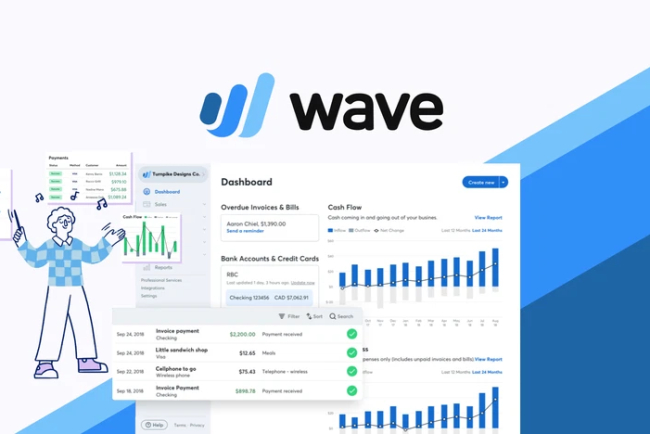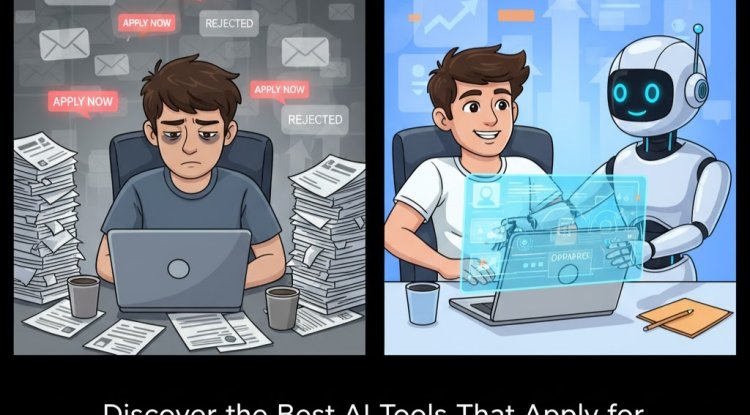Can Accountants Analyze and Find Mistakes in Business Accounts Like Experts? How to Develop This Skill
A skilled accountant does far more than just manage numbers—they act as a financial detective and strategist. They not only analyze business data to uncover trends and insights but also spot critical errors or inefficiencies that others might miss. Whether it's catching unnoticed financial leaks, misreported transactions, or compliance risks, an accountant brings the sharp eye of an expert. Their ability to balance analysis with accuracy makes them essential to any business aiming for sustainable growth.

Introduction: Beyond Data Entry – The Power of Analytical Accounting
Most people think accounting is just about entering numbers into software or tallying up totals. But those who rise in this field know the truth: real accountants don’t just record data, they interpret it. They look beyond the numbers to detect what others miss – mistakes, leaks, patterns, and opportunities.
This blog is your complete guide to answering one crucial question: Can accountants find errors in books like experts? And how can you develop this powerful skill?
Whether you're a beginner, student, intern, or a junior accountant looking to grow, read this fully. Because the skills mentioned here are what separate average accountants from truly valuable professionals.
What Does It Mean to Analyze Accounts?
To analyze accounts means:
-
Reviewing ledgers and financial statements not just for correctness, but for meaning
-
Identifying if something looks unusual, inconsistent, or incomplete
-
Asking: "Why is this expense higher this month?", "Why is there a delay in receipts?", "Is there a pattern in losses?"
This is the starting point of becoming an accounting analyst, forensic accountant, internal auditor, or financial controller.
Yes, Accountants Can (And Should) Learn to Find Mistakes Like Experts
You don’t need to be a CA or MBA to think critically.
Every accountant – whether fresher or experienced – has the power to:
-
Spot duplicate or missing entries
-
Identify mismatched figures across ledgers
-
Trace inconsistencies in cash flows
-
Recognize signs of manipulation or fraud
-
Suggest improvements to controls
These are not just tasks. These are habits of a sharp accounting mind.
What Skills Are Needed to Become a Problem-Solving Accountant?
1. Strong Command Over Basic Accounting
You must master:
-
Journal entries
-
Ledgers
-
Trial Balance
-
Profit & Loss Account
-
Balance Sheet
-
Adjustments and provisions
2. Pattern Recognition
Trained eyes catch patterns:
-
Repeated errors on specific days
-
Clients who delay payments every quarter
-
Stock values that fluctuate abnormally
3. Attention to Detail
Expert accountants never ignore minor differences. They dig until they find out why.
4. Logical Thinking
If a vendor balance shows Rs. 5,000 but the ledger says Rs. 3,000 — who’s right? Your logic must lead you to documents, not assumptions.
5. Clear Documentation Practices
Analytical minds rely on organized files. Vouchers, bills, notes, email trails — everything must be in place.
Real-World Example: Detecting a Silent Loss
You notice that although the sales remain constant, the profit is falling. You check:
-
Purchase bills: All in order
-
Wages: Increased
-
Discounts: Higher than usual
On tracing further, you discover that the sales staff is offering large discounts to retain customers, eating into profit.
Your analysis just helped the company fix a hidden leak.
How to Start Developing These Skills as a Beginner
Step 1: Go Beyond Data Entry
Stop just typing figures. Start asking questions:
-
Where did this number come from?
-
Is there proof?
-
Is this amount expected or strange?
Step 2: Review Old Books
Ask for old ledgers or past audit reports. Try to trace errors marked by auditors. Study what went wrong.
Step 3: Maintain a Mistake Journal
Whenever you or your team find an error, note it:
-
What happened
-
Why it happened
-
How it was fixed
Over time, you will begin to predict mistakes before they happen.
Step 4: Read About Fraud Cases
Study accounting frauds. See how companies manipulated numbers. Learn how it was detected.
This will sharpen your detective instincts.
Step 5: Practice Bank Reconciliation and GST Matching
These two tasks are best to train your accuracy, patience, and cross-checking ability.
Tools That Help in Account Analysis
-
Excel: For filters, pivot tables, VLOOKUP, and audits
-
Tally / Zoho / Busy / QuickBooks: Software ledgers, error reports, audit trail features
-
Accounting Ratios: To compare revenue vs. cost, debt vs. asset
-
Checklists: Keep one for every module (sales, purchase, bank, GST, TDS)
Learn From the Best: Working Under an Experienced Accountant or Auditor
Spend time in CA firms, audit departments, or under a senior finance head. Watch how they ask questions, how they investigate.
The best learning happens when you see others solve problems.
Mindset Shift: From Operator to Analyst
Most people use software as an operator.
Experts use software as a lens to see patterns.
Start changing your mindset:
-
Don’t wait for someone to tell you an entry is wrong
-
Don’t fear asking, "Why does this not match?"
-
Don’t settle for "that’s how it’s always been done"
Why This Skill Is Your Career Accelerator
Being able to find and fix accounting issues will:
-
Build your reputation as a trusted person in finance
-
Open doors to internal audit, finance control, and managerial roles
-
Help you protect your company from financial losses or frauds
-
Earn you respect in meetings and decision-making circles
Final Words: Be More Than Just an Accountant
Your books might balance. Your reports might look perfect. But the real question is:
Did you understand what those numbers are saying?
Because a great accountant doesn’t just pass entries. They read between the numbers. They protect the company without being asked. They build systems that don’t allow mistakes to repeat.
You can become that kind of accountant.
Start today.
What's Your Reaction?




















